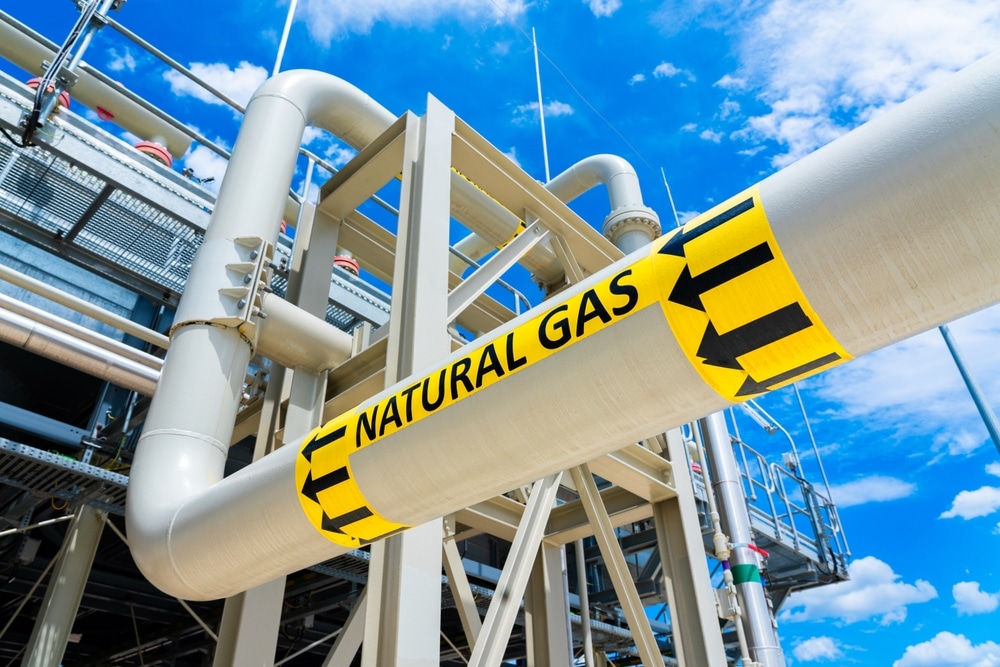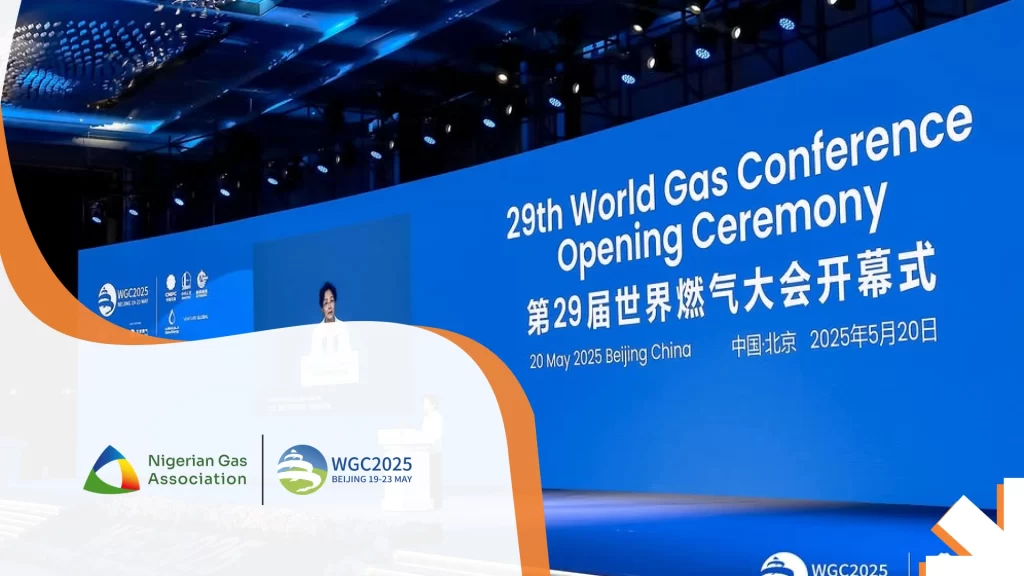Africa’s energy sector is undergoing a transformative shift, positioning the continent as a critical player in global energy markets. With a projected quadrupling of energy demand by 2040 (United Nations), the opportunities for growth and innovation are vast. This article explores the pivotal role of natural gas in Africa’s energy landscape, its contribution to meeting the continent’s energy needs, and the innovations driving its production and consumption. Optimized for search engines, we also highlight data and statistics that illustrate the potential of natural gas in Africa.
Energy Demand and the 2063 African Union Agenda
The African Union’s Agenda 2063 outlines an ambitious vision for the continent’s energy future, targeting 600 GW of new energy capacity and 1,700 terawatt hours by 2063. Renewable energy is set to account for over 60% of this capacity, but natural gas emerges as a vital component, projected to generate over 30% of Sub-Saharan Africa’s energy needs, a dramatic increase from its current 5% share (United Nations Economic Commission for Africa, 2020).
This shift signifies natural gas’s potential to bridge Africa’s energy gap while supporting industrialization and economic development. Its role as a cleaner-burning fossil fuel compared to coal and oil also aligns with global efforts to reduce greenhouse gas emissions.
The Drivers of Natural Gas Growth in Africa

Several factors contribute to the rising importance of natural gas in Africa’s energy mix:
1. Declining Natural Gas Prices
The affordability of natural gas has been a major driver of its adoption across Africa. Historical price trends show significant decreases:
- A 27% drop from 2020 (IEA Gas Market Report 2020)
- A 63% drop from 2025 (EIA Natural Gas Annual Reports and World Bank Commodity Markets Outlook)
- A 28% drop from 2010 (IEA Gas Market Report 2020)
These price reductions make natural gas an attractive option for industrial processes, electricity generation, and, more recently, transportation. The lower cost enables African nations to access reliable energy without straining national budgets.
2. Infrastructure Development
Advancements in infrastructure, such as floating storage and regasification units (FSRUs), have revolutionized the storage and transportation of natural gas. These innovations allow regions without established pipeline infrastructure to benefit from natural gas resources. Countries like Ghana and Côte d’Ivoire are leveraging FSRUs to import and distribute natural gas efficiently.
Investments in critical infrastructure, such as pipelines and liquefied natural gas (LNG) terminals, are facilitating the transportation and distribution of natural gas to previously underserved regions.
Tetracore Energy Group plays a vital role in this expansion, operating key facilities such as:
- A CNG facility in Ogun State: This facility plays a crucial role in supplying compressed natural gas to industries and transportation sectors in the region, contributing to the growing demand for cleaner fuels.
- A City Gate Facility in Edo State: This facility supplies natural gas to the Utesi Industrial Park, supporting the growth of manufacturing industries in the region.
3. Rising Electricity Costs from Traditional Fuels
The increasing cost of electricity from petrol and diesel has driven many African nations to seek alternatives. Natural gas offers a cost-effective and cleaner solution, particularly for electricity generation. In countries like Nigeria and Egypt, natural gas-fired power plants are becoming a cornerstone of energy strategies.
4. Significant Gas Discoveries
Africa’s untapped natural gas reserves are among the largest in the world. Notable discoveries in recent years include:
- Mozambique: Estimated reserves of 100 trillion cubic feet (Tcf).
- Egypt: The Zohr gas field, one of the largest in the Mediterranean, has 30 Tcf of reserves.
- Senegal and Mauritania: The Greater Tortue Ahmeyim field, with 15 Tcf of reserves.
- Tanzania: Over 57 Tcf of natural gas reserves.
According to the International Energy Agency (IEA, 2023), Africa accounted for over 41% of the world’s new natural gas discoveries, yet its share of global gas demand remains at just 4%, and production at 6%. These figures underscore the continent’s potential to expand its role in global energy markets.
Challenges to Overcome
Despite its potential, the natural gas sector in Africa faces several challenges:
- Infrastructure Gaps: Many regions lack the pipelines and processing facilities needed to harness natural gas effectively.
- Regulatory Hurdles: Complex regulatory environments can deter investment.
- Environmental Concerns: While cleaner than coal and oil, natural gas production and use still generate greenhouse gas emissions.
- Global Market Volatility: Fluctuating global gas prices can impact profitability.
Innovations Driving the Future of Natural Gas in Africa
Innovation is at the heart of Africa’s energy revolution. Key advancements include:
- Floating LNG (FLNG) Technology: FLNG facilities allow for offshore gas processing and export, reducing the need for onshore infrastructure. Mozambique’s Coral South FLNG project is a prime example.
- Carbon Capture and Storage (CCS): To address environmental concerns, some projects are integrating CCS technology to reduce emissions.
- Digitalization: Advanced monitoring and analytics tools are improving the efficiency and safety of natural gas operations.
Conclusion: A Bright Future for Natural Gas in Africa
Natural gas is poised to play a transformative role in Africa’s energy future. With vast reserves, declining prices, and innovative technologies, the continent is well-positioned to meet its growing energy demand while fostering economic growth and environmental sustainability. However, realizing this potential will require overcoming infrastructure and regulatory challenges and ensuring that natural gas development aligns with global climate goals.
As Africa navigates its energy transition, natural gas offers a bridge to a sustainable future, enabling the continent to achieve its ambitious goals while improving the lives of millions. For stakeholders and policymakers, the time to invest in Africa’s natural gas sector is now, as it holds the key to unlocking a brighter, more prosperous future for the continent.




